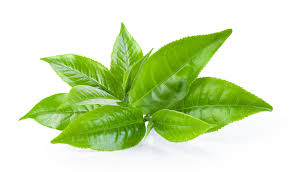Nilgiri black tea comes from the lush, rolling hills of Tamil Nadu in southern India. Often referred to as the "Blue Mountains," the Nilgiris are known for producing teas that are light, aromatic, and remarkably smooth. Unlike other Indian black teas, which tend to be bold and malty, Nilgiri tea has a softer edge — bright in the cup, floral on the nose, and refreshing with every sip.
The elevation, typically between 3,000 and 6,000 feet, creates a growing environment with cooler temperatures and slow leaf development. This slow growth enhances the tea’s flavour and aroma while preserving clarity in the brew. The result is a brisk, clear liquor with notes of citrus, honey, and soft spice.
Nilgiri black tea is especially prized for its consistency. It rarely clouds when iced and holds its flavour well, making it an excellent choice for both hot and cold brews. Many tea blenders also use it as a base in flavoured teas because of its balanced profile.
Whether you’re enjoying a morning cup or a refreshing afternoon iced brew, Nilgiri tea delivers a clean, satisfying experience. It’s a hidden gem for those who appreciate a dependable, high-grown Indian tea with a distinct floral lift.
FAQs
Q1: What is Nilgiri tea?
A: Nilgiri tea is a high-grown Indian tea from the Blue Mountains of Tamil Nadu. Known for its smooth, brisk flavour and floral aroma, it’s ideal hot or iced.
Q2: How is Nilgiri black tea different from Assam or Darjeeling?
A: Nilgiri black tea is lighter and more floral than Assam, and smoother than Darjeeling. It brews a clear, bright cup with gentle strength and a clean finish.
Q3: Can Nilgiri tea be used for iced tea?
A: Yes, Nilgiri tea is excellent for iced tea. It stays clear when cooled and holds its flavour, making it a favourite for cold brewing or chilled tea blends.
Q4: Does Nilgiri black tea have caffeine?
A: Yes, Nilgiri black tea contains a moderate amount of caffeine — enough for a gentle energy boost without the bitterness of some stronger teas.
